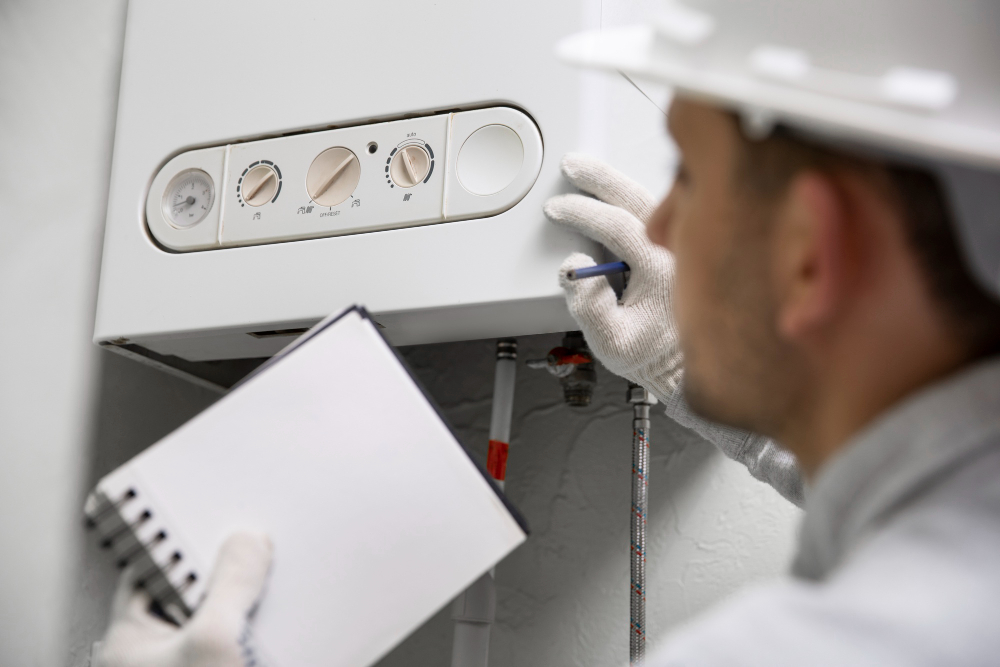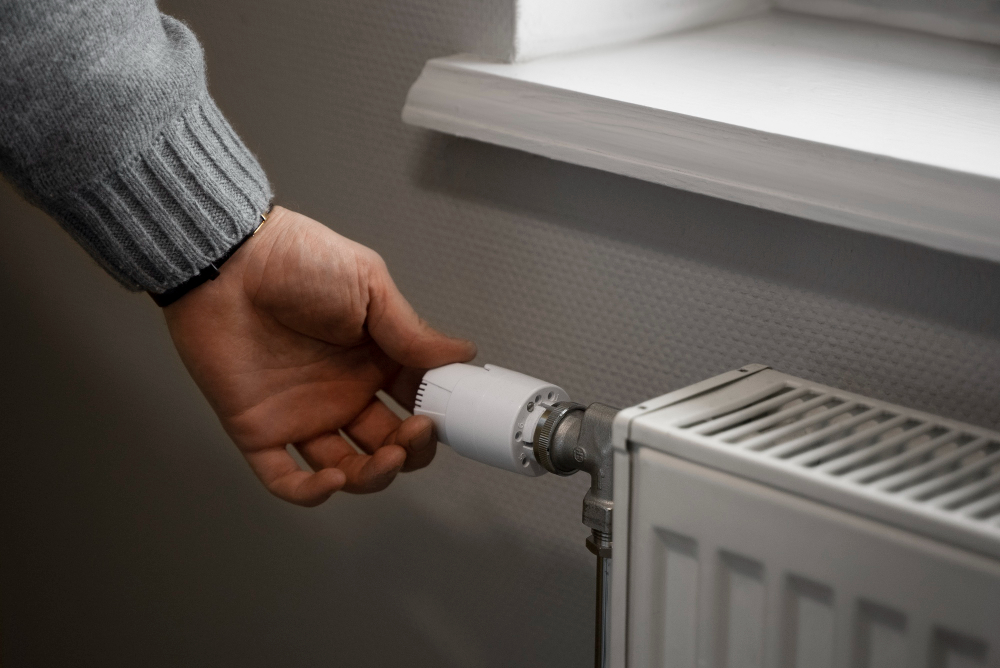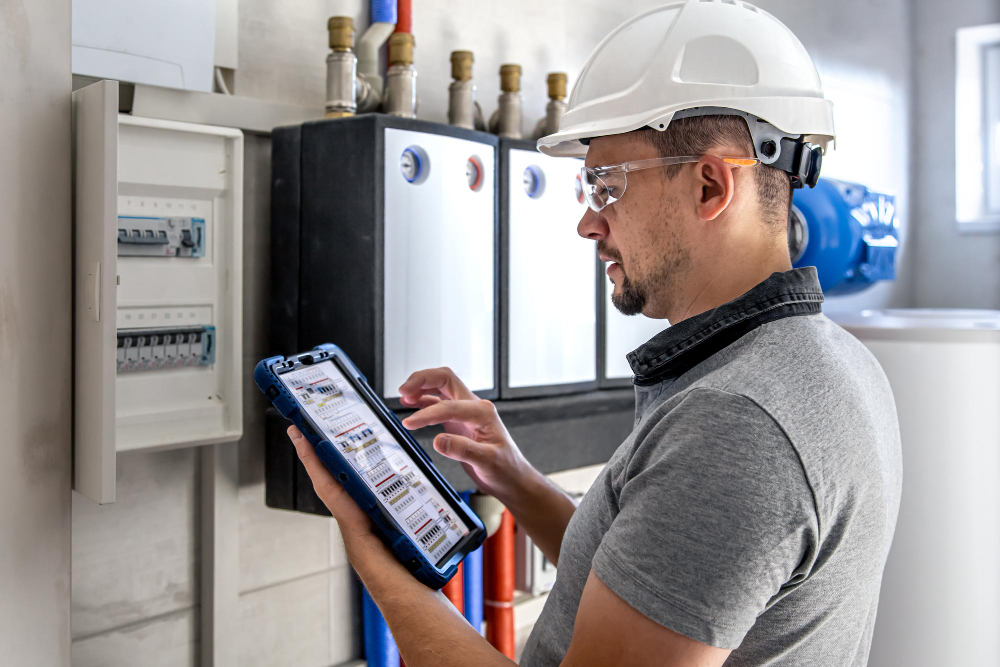Installing electric boilers in Glasgow can help lower heating costs and decrease your carbon footprint, but before making this decision, it’s important to understand its potential advantages and drawbacks.
Size matters when choosing a boiler; its rating in kilowatts (kW) indicates how many radiators and taps it can heat. Energy efficiency ratings also play an integral role.
Electric Boiler Cost
Cost estimates for installing an electric boiler depend on several factors, including your home size and hot water needs, the make or model of the boiler being purchased, and whether any new pipework needs to be laid. It’s wise to get multiple quotes before settling on one company, as some will match competitors prices exactly.
Electric boilers in Glasgow offer many advantages over gas ones, especially energy efficiency and environmental friendliness. Electric models convert nearly all of the energy they consume into heat production, which reduces your electricity bill significantly while still producing no harmful emissions, making them an excellent option for homes without access to natural gas.
These types of boilers tend to be much more reliable than gas ones. Less likely to break down or develop issues, they’ll save money in repairs over time while being quieter—both key advantages if you live in an apartment or small home where noise pollution may be an issue.
Glasgow electric boilers differ from gas ones by not requiring flue or condensate pipes for installation, making the installation quicker and simpler without disrupting existing home layouts. Unfortunately, however, this may mean higher labour costs incurred during installation.
These types of boilers may be more costly for larger homes with greater hot water needs than their gas counterparts; these boilers work on a principle called “flow and retention”, using power pumps to disperse warm water throughout your home. Furthermore, this type of system works great with solar PV panels, which generate free electricity.
While these are all good reasons to consider an electric boiler, it’s important to keep in mind that they may be more costly if your electricity costs exceed the national average. You can mitigate this cost by reducing energy usage, installing insulation, and making sure that it is well maintained.
Energy efficiency
Energy efficiency should always be an important consideration when selecting a boiler. Electric boilers can achieve energy efficiencies of 99–100%, while gas boilers only reach 93% efficiency; this difference can have a major effect on household bills.
Electric boilers differ from their gas counterparts in that they don’t require a flue for installation, meaning that they can be placed virtually anywhere. Furthermore, their quiet operation and lack of condensation make them an excellent option for homes with limited space, as well as being more resistant to harsh weather conditions than gas models.
Electric boilers offer many benefits to those living off-grid or wanting to reduce their carbon footprint, including energy efficiency and reduced greenhouse gas emissions. Installation is quick and hassle-free, as they provide cost-effective heating options without access to gas.
Before selecting an electric boiler, it is crucial to carefully consider your electricity tariff. A standard electricity tariff will increase energy bills significantly more than if using a gas boiler, since its unit cost is far greater. To maximise value for money and ensure optimal heating performance, select either the Economy 7 or Economy 10 tariffs.
Electric boilers can be combined with compatible water cylinders to heat water using renewable energy sources like solar thermal or wind turbines to help you lower both your electricity bills and your carbon footprint. Furthermore, many electric boilers are compatible with storage batteries to further cut electricity costs.
Although there are multiple factors to take into account when deciding to switch to an electric boiler, its benefits far outweigh its costs. You could save money by cutting your energy consumption, switching to more energy-efficient models, comparing quotes, and making other upgrades to your heating system, such as pipework modifications and electrical upgrades. You could even save more by taking steps such as prioritising maintenance compared to alternatives.
Installation location
Location is of vital importance in regards to both efficiency and safety when installing a boiler in Glasgow. Ideally, it should be in an area with good ventilation that facilitates maintenance work and away from any appliances that could negatively affect its performance. When purchasing new equipment, it is imperative that permits are obtained prior to beginning installation; any extra expenses associated with this should also be factored into your budget for boiler installation in Glasgow.
Finding an appropriate location for an electric boiler depends on both its type and your energy use, such as fixed capacity models that cannot be used in larger homes; similarly, gas boilers usually require an external flue that must be removed if replaced by an electric model; as well as your home’s electricity supply size: typical households will typically have a one-phase supply while larger properties or commercial buildings usually use three-phase electricity supplies.
Boilers are composed of several electrical components and may be either wall-mounted or floor-standing, depending on their design. Most manufacturers provide multiple models of electric boilers to suit your specific needs in terms of size, price, and energy efficiency; each boiler performs the same function: to heat water. If you are considering upgrading from your gas boiler, electric alternatives might be more suitable as they don’t release harmful fumes such as carbon monoxide into the atmosphere.
Electric boilers can be an economical option for households with lower water usage. They’re especially suitable for rural properties without access to the gas network, plus they’re more eco-friendly than their gas counterparts since they don’t rely on fossil fuels as an energy source.
Electric boilers can also be connected to eco-friendly energy generation sources like solar panels to significantly lower electricity bills and environmental footprints. Some boilers even store excess solar power that has been produced so it can be used during nighttime or power outages.
Maintenance
Electric boilers are an attractive choice for anyone seeking to reduce their carbon footprint, as they don’t emit any hazardous gases and operate more quietly than gas boilers. But that doesn’t mean they require less maintenance; in fact, they often require even more.
At times, it may be beneficial to service electric boilers regularly in order to ensure that they are operating effectively and efficiently; this will also help lower energy costs. A poorly performing boiler could potentially cause serious damage and result in costly repairs, so early diagnosis is key.
Regular inspection of water and steam supply lines for cracks, leaks, obstructions, and electrical connections on control elements using various nondestructive testing methods such as ultrasound or eddy current tests can prevent these from becoming damaged over time.
As part of your inspections of a boiler, it is also a good idea to perform regular visual examinations. This should include inspecting its burner and flame pattern as well as checking on safety devices like temperature cutouts. In addition, make sure that there are no leaks within your boiler and check to ensure that its water heater is functioning optimally.
If your electricity bill has been steadily increasing, this could be a telltale sign that there’s something amiss with your electric boiler. Electric boilers use significantly less energy in converting electricity to heat than gas or oil boilers do; additionally, faulty airlocks or thermocouples could also be contributing factors. Should these issues arise, it would be prudent to contact a professional immediately for repair or replacement services.
Electric boilers work similarly to hot water cylinders in that they use electricity to heat water before disseminating it through radiators or storage heating systems in your home. These units are especially beneficial in properties without flues as they produce no emissions that might harm indoor air quality, making installation much simpler than with traditional models.
Consider your home size and how many radiators and taps need powering when selecting an electric boiler. Electric boiler sizes are measured in kilowatts (kW), as more powerful ones support more appliances.



